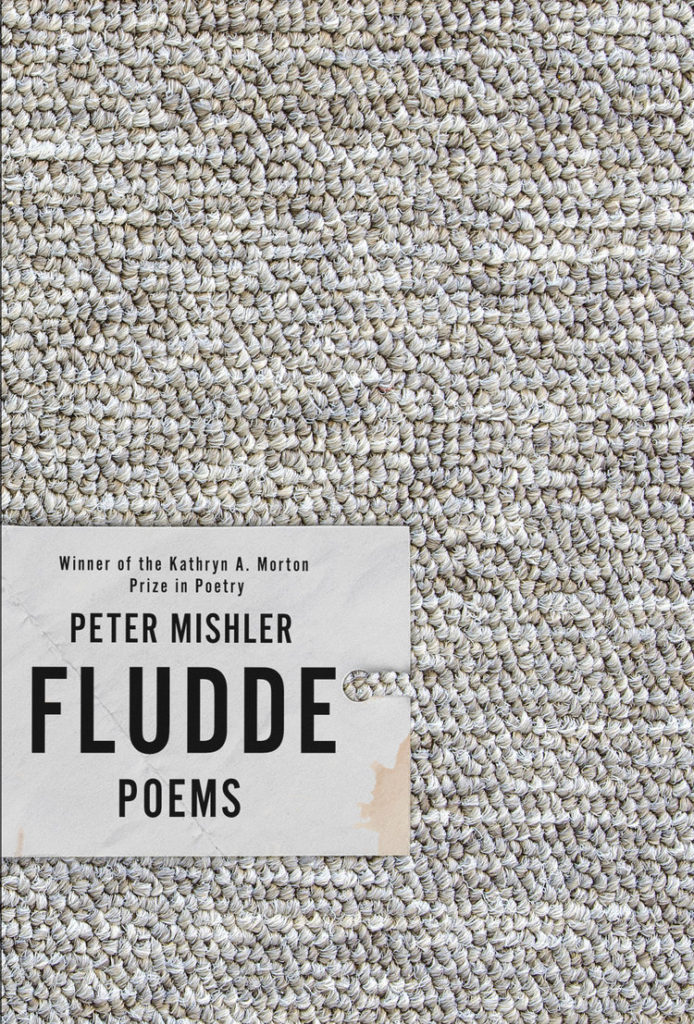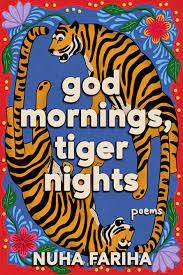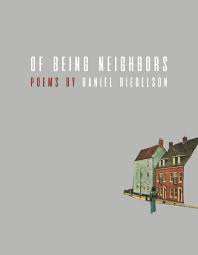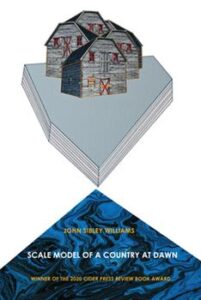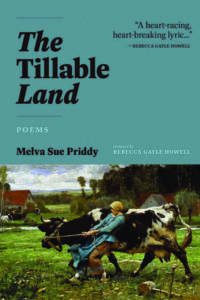Reviewed by Joseph LaBine // August 30, 2019
I first read Peter Mishler’s book of poetry, Fludde, in manuscript in 2015, and it called up my small secret memories: cubby holes at school, the feeling of a field under foot, the smell of well water, the length of a certain flight of stairs, a flood of emotions remembered from childhood. Mishler evokes these with seeming effortlessness. His writing remains elegant and empathic throughout. “Kiss all babies and persons of interest,” he says.
The title, Fludde, originates in “Noye’s Fludde,” the one-act opera for amateur players by the British composer Benjamin Britten. We are told Mishler “performed in this play as a boy,” so, in one sense, Mishler admits the collection is autobiographical or pseudo-autobiographical. Reading the poems as texts that deal with memory enhances the reader’s experience; the poems become personal, and they create new imaginative spaces for the subjects to remember in. The school children in Fludde are rehearsing for the play. One of the book’s main highlights is a reflection on the opera’s Kyrie sequence, a long scene during which children dressed as birds and other animals appear in grouped pairs singing “Kyrie Eleison,” or “Lord have mercy on us.” Mishler writes: “Then for an hour on felted risers, / beneath a vaulted ceiling, you’re made to sing the kyrie.” (He actually played an owl in this part of the opera.)
Sounds drive the title poem. Sounds of “undressing,” song, Britten’s Kyrie, “lost behind / the beverage machines.” Britten intended his work to be performed by amateur players, particularly children. And so it is fitting that Mishler makes his “Fludde” a retrospective poem that sees childhood from an adult perspective. The light with “its gradient pull” is in the past. The speaker of the poem spies the schoolyard and turns away, “sparkling” one of the lenses of his glasses, but also a ship’s spy glass. We are on Noah’s ark.
Mishler writes in the aesthetic tradition of later surrealists and the Black Mountain Poets, and particularly Charles Olson, in that he projects the emotional energy of the poem onto the reader. A master of the bon mot, he is totally unconstrained by the limits realism places on writing. We see this in the wholly startling embrace in “Old World,” the first poem in the collection: “My love with her tongue / at the tip of the truncheon. / Me with my tongue / asleep at her hipbone.” The speaker’s weapon is a sex object, his penis. The sounds these words make put the tongue against the teeth. They are charged with energy. When Dean Young selected Fludde for the Kathryn A. Morton Prize, he wrote in his foreword, “I feel something in [the poems] I always trust: the deployment of form, musicality, narrative, and wild association, permitting the reader to see beyond the life of a single poet, and outside our current moment.” Young highlights how Mishler deploys frenetic logic and subtle imagery. In “Mild Invective” for instance, when the speaker spots some deer while shaving in his car beside the Sunoco, the reader gets drawn into a fable-scape alongside the threat of economic collapse. It’s a pastoral scene beside a rotting gas station.
Fludde succeeds when itplumbs childhood, taking the reader through its rites, its anticipation of loss, dreams, love, the initial sting of all these things. Mishler expresses the feeling of growing in these poems so clearly, and so vividly, that it becomes emotional. It hurts to succumb to memory’s unheralded quiet in the title poem, and in “Noye” – two pieces that speak to biblical/mythical archetypes. In “Noye,” while a swimmer clings to an oar, the speaker recalls glowering before entering a murderous day dream, “I lift my simple, / dust-covered cinder block / over my head, / then let it fall, / then pull the body up.” This implies a loss of innocence that was never actually there.
Fludde is, to borrow Young’s description, “a companion for our dream life.” Drink it in. Mishler fills any glass with words and knows every twist of phrase. The embossed end pages and carpet cover of Sarabande’s edition are gorgeous too.
ABOUT THE AUTHOR
Peter Mishler is the author of the poetry collection Fludde (Sarabande Books, 2018) selected by Dean Young as winner of the Kathryn A. Morton Prize in Poetry. He serves as features editor for Drunken Boat magazine and curates a contemporary poetry interview series for Literary Hub.
ABOUT THE REVIEWER
Joseph LaBine is a Canadian poet and critic. He has been the managing editor of Flat Singles Press since 2013 and was named the 2018 Marie Tremaine Fellow by the Bibliographic Society of Canada. He currently holds a SSHRC doctoral fellowship in the English Department at the University of Ottawa.


